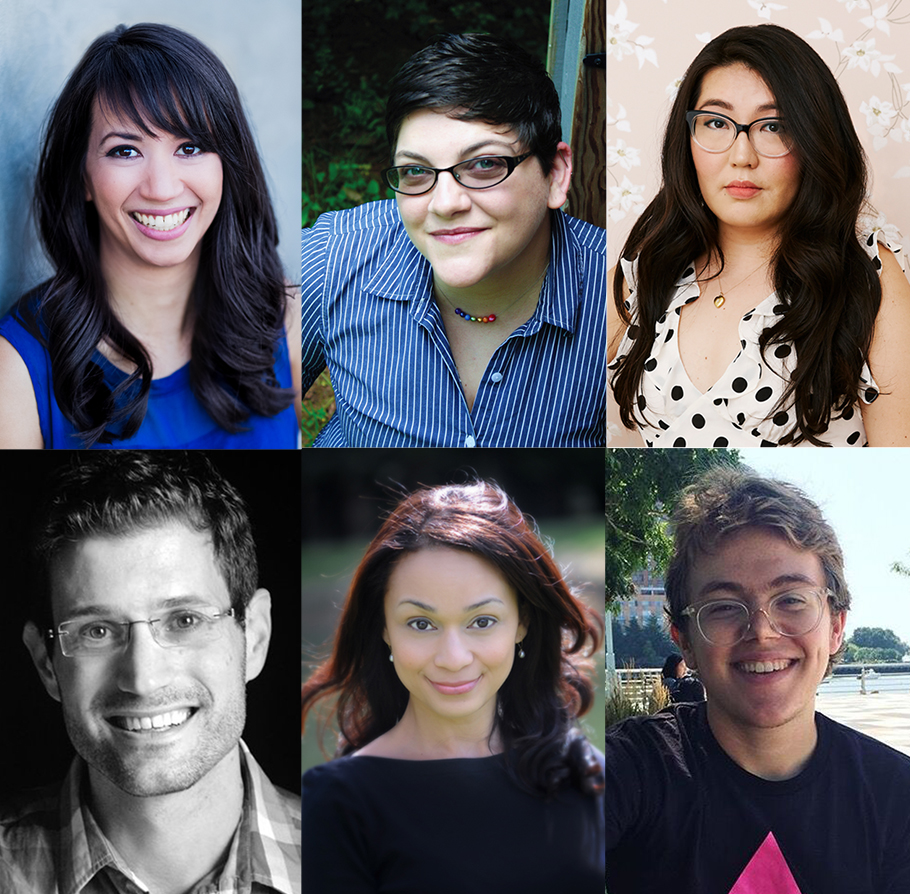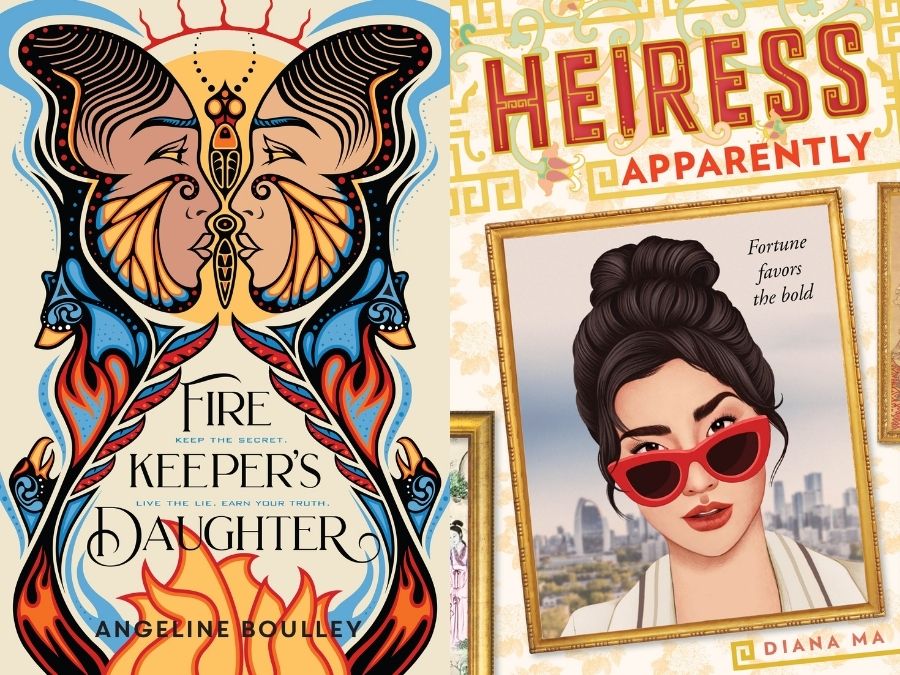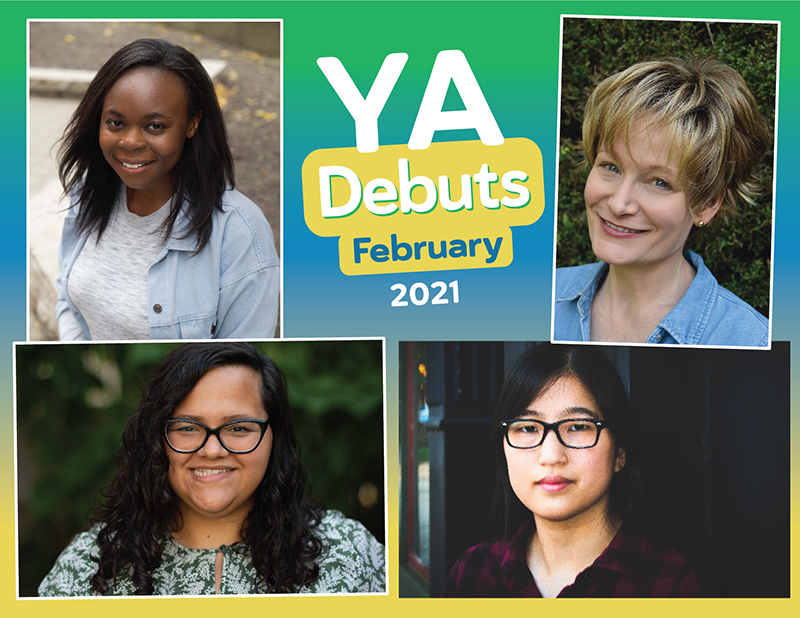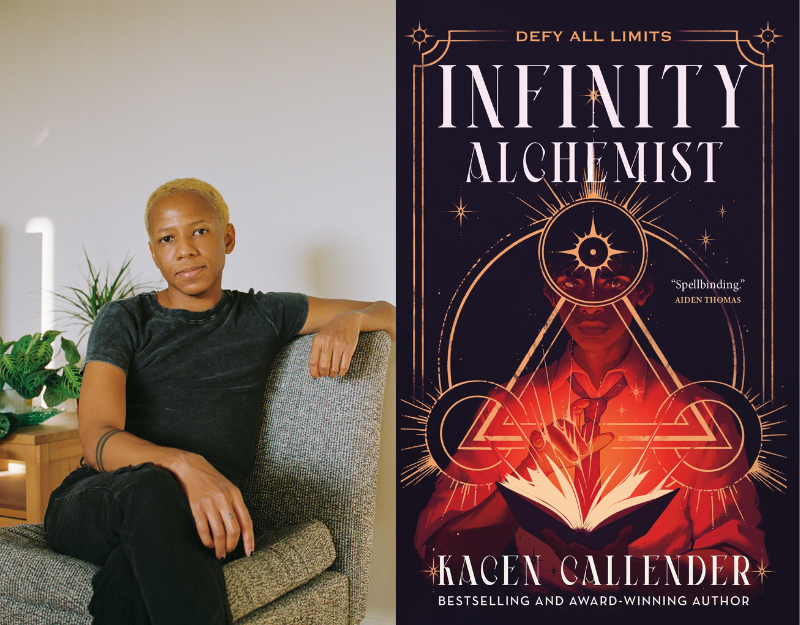Sunday Reflections: The Weight and Meaning of Words
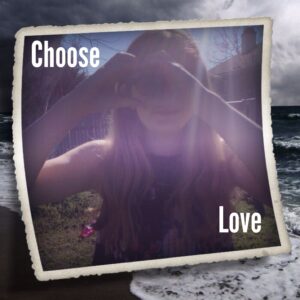 When my twin nephews were born I was young, around 24. At that time, they were just starting to talk a lot in the news about Autism, it wasn’t as prevalent as it is now. I knew nothing about it, and while I still know next to nothing about it from a medical or scientific point of view, I now know what it is like for children living on the spectrum. And for their families. And I am here to tell you that it can be difficult and challenging for a variety of reasons, but one of the main ones is because of the way every day strangers in the street will look at them with scorn and anger, as if there very existence is an affront to them.
When my twin nephews were born I was young, around 24. At that time, they were just starting to talk a lot in the news about Autism, it wasn’t as prevalent as it is now. I knew nothing about it, and while I still know next to nothing about it from a medical or scientific point of view, I now know what it is like for children living on the spectrum. And for their families. And I am here to tell you that it can be difficult and challenging for a variety of reasons, but one of the main ones is because of the way every day strangers in the street will look at them with scorn and anger, as if there very existence is an affront to them.
After giving birth to twins, my sister in law went on to have 2 more additional children. Three of those four children are on the spectrum. They are high on the spectrum, non verbal, and possessing various other traits that can make normal day to day living a challenge. Even in that final, unexpected pregnancy her doctor would look at her and advise her to terminate her pregnancy because at that point it seemed clear that she would give birth to another baby that didn’t fit within the normal little boxes of our world that make us feel warm and fuzzy inside. I tell you this because I want for you to understand how the world often responds to children who are different. I tell you this because I want you to understand that on top of all the other challenges this family faces, perhaps one of the hardest and most difficult to navigate is the reaction of those around them who chose to reject, scorn, mock and judge rather than reach out a helping and supportive hand.
ADVERTISEMENT
ADVERTISEMENT
In the movie The Memory Keeper’s Daughter, based on the book by Kim Edwards, a man delivers twins and when the second twin is born with Down’s Syndrome, he tells his wife that the baby has died and asks his assistant to hide the baby away in an institution. The assistant does not do this, choosing instead to raise the baby as her own. But this story is a poignant reminder of the cultural attitudes we have had in the past about children born with disabilities or differences. We label them, we reject them, we cast them out.
And that label we used to give them is the word “retarded”. From this point out, I will simply use “the R word” when referring to this word. Because, you see, like the N word or the F word and many other words in our lexicon, this is a word we use all to freely to demean and belittle others not fully understanding what this word means, the history of it and how using it contributes to a culture that still wrestles with how to embrace those who are differently-abled.
Sometime late last summer, I was at a beloved friend’s house. My daughter was playing with their son when a member of the household starting joking about how “all girls are retarded”. I was floored, devastated. This moment pierced my soul because in this moment they had just demeaned and othered 3/4s of my family, both my daughters and my nephews. And I was reminded how easy it is to use words to harm. It’s just a joke, just words, right? Except they’re not, not really.
The words we use can impact the way that people feel about themselves. They impact the way that people feel about their place in the world. Heard often enough in a world that reinforces these messages in other ways – advertising, media, etc. – and it can be difficult for the targeted people group to rise up and feel empowered. These words have weight that hold us down, like they are an anchor tied around our ankle as we struggle to catch a breath in the rising tide.
I thought of this moment again as I watched the Superbowl ad called “Like a Girl”. How we continually tell our girls that they are somehow less than, using this phrase of comparison as an insult. “Don’t cry like a girl” – as if having emotion is somehow a trait to be feared and ridiculed. “Don’t run like a girl”, “Don’t throw like a girl” – for god sake whatever you do, don’t be like a girl. As if that is the worst insult we can dream up, the idea of being like a girl. The shame associated with that.
My daughter kicks “like a girl”. She’s an advanced brown belt.
I was reminded once again about the weight and meaning of words when my friend Ally Watkins Tweeted about a book cover tagline that upset her. You see there is a book coming out soon about psychological care called The Placebo Junkies that has this tagline: Which came first, the crazy or the pill?
.@randomhousekids uh..y’all? the tagline here is pretty offensive, especially to teens that have mental illness. pic.twitter.com/YrpG7RuhRL
— Ally Watkins (@aswatki1) February 10, 2015
I have been writing this post in my head for months now, starting and scrapping version after version, trying to find the right words to talk about the weight and meaning of words. And this post began when I had my own moment of using the wrong words. One day last summer, I texted a friend about a horrifically stupid decision that I thought people were making and I said, “Isn’t that crazy?” And my friend, a friend that I knew struggled with severe depression and anxiety issues, texted me back and said, “Well, it’s certainly stupid.” And I realized in that moment that with this subtle correction she was reminding me about what a loaded word crazy it. Like the N word or the R word, it’s a word we use far too casually not understanding what the full connotations of that word can mean.
ADVERTISEMENT
ADVERTISEMENT
Mental health is an issue that is still incredibly stigmatized. I lost a friend to serious depression; she fell off the face of the Earth as she struggled to handle her mental health issues alone, without medical help, because her faith teachings made her believe that it meant that her faith wasn’t strong enough instead of recognizing it for the medical issue it is and allowing her to get proper medical treatment. Crazy, insane, cray-cray. They seem like such throw away words, but they too contribute to a culture in which we continue to other a population. They’re words we use as an insult not fully understanding that when we use them, we are contributing to a world that stigmatizes mental health issues and continues to result in people feeling ashamed to seek the mental health treatments that they need and deserve.
Which is why the book tagline bothered people like Ally so very much. Out of context, it reinforces these negative stereotypes. It affirms people’s perceptions of mental health, especially those people who will simply read the tagline but never the book. I have not read the book. It may be an affirming look at the issues, but we can’t know that based solely on a tagline. In our discussions behind the scene I asked at Ally this simple question: replace the word crazy with the N word or the R word. Would society see that as being acceptable? Probably not, because out of context it is problematic. We don’t know what the intentions of the book are and if they successfully contribute to a nuanced conversation about mental health today. All we see are these words, and like the other words that label and other people, it has weight and meaning, it has history. There are far too many possible negative reactions that can happen when someone reads this tagline out of context and we need to consider those. A teen walking by struggling with mental health issues may find their negative feelings of self affirmed, they may once again feel judged by this world and remain silent about their mental health needs. The teen walking by who views mental health issues with scorn may walk by and find that this tagline reinforces their derision of mental health issues. Because there is not context here, and we can’t guarantee that those who see the tagline will read the book to gain that context, the tagline seems so very problematic.
I’d like to say that in the moments above I responded well, with grace and compassion of my own. But I haven’t always to be honest. Sometimes I have had moments of fierce mama bear rage that ended friendships as I sought to protect my daughters from the anchors that others have tried to force around their ankles with the words they have used towards and around them. Other times I have bitten my tongue in moments when I probably shouldn’t have, allowing others to be weighed down instead of helping to carry their burden so they did not drown.
I’ve been trying to choose my words more carefully, considering not only what they mean to the people I may be talking to but about other people groups I may be talking about in negative ways without meaning to. I don’t want you to demean my daughters. I don’t want you to demean my nephews. I don’t want you to demean my friends struggling with mental health issues. I don’t want you to demean my friends whose skin is a different color than white. I don’t want you to demean my family members and friends who love differently than you. I want us all to think about the weight and the meaning of the words we choose and cut those anchors that are holding people down before they drown.
Filed under: Sunday Reflections
About Karen Jensen, MLS
Karen Jensen has been a Teen Services Librarian for almost 30 years. She created TLT in 2011 and is the co-editor of The Whole Library Handbook: Teen Services with Heather Booth (ALA Editions, 2014).
ADVERTISEMENT
ADVERTISEMENT
SLJ Blog Network
2024 Books from Coretta Scott King Winners
The Ultimate Love Letter to the King of Fruits: We’re Talking Mango Memories with Sita Singh
Monkey King and the World of Myths: The Monster and the Maze | Review
Parsing Religion in Public Schools
ADVERTISEMENT





